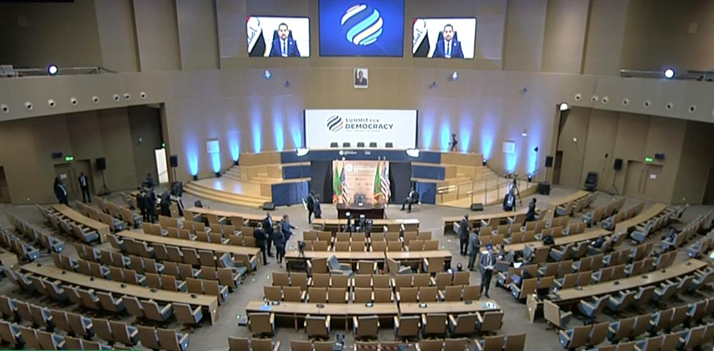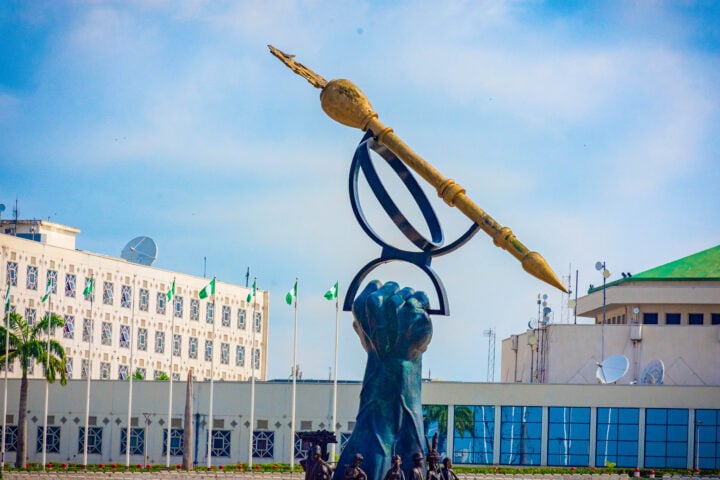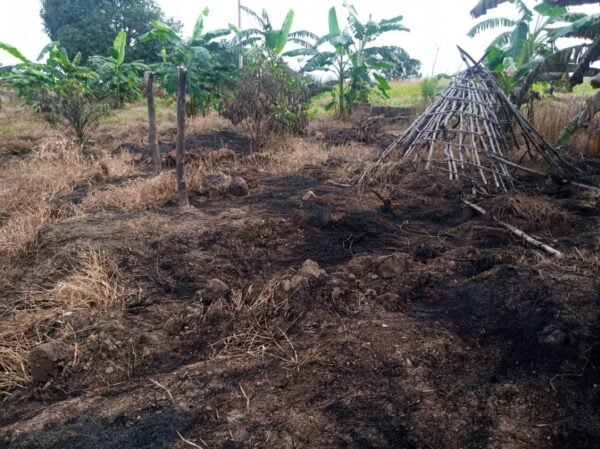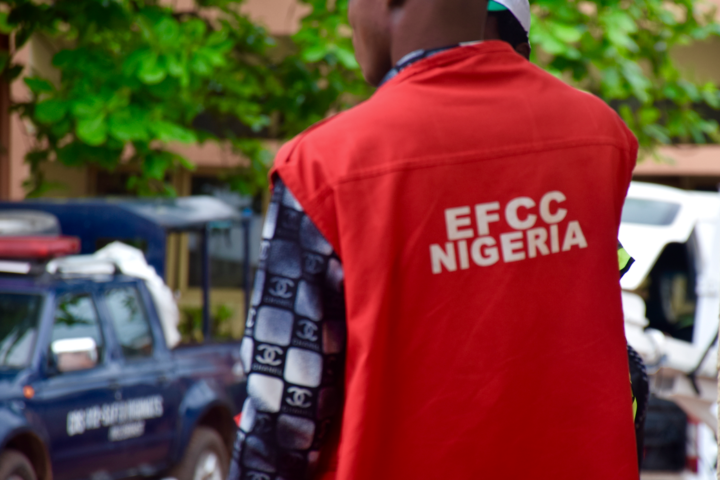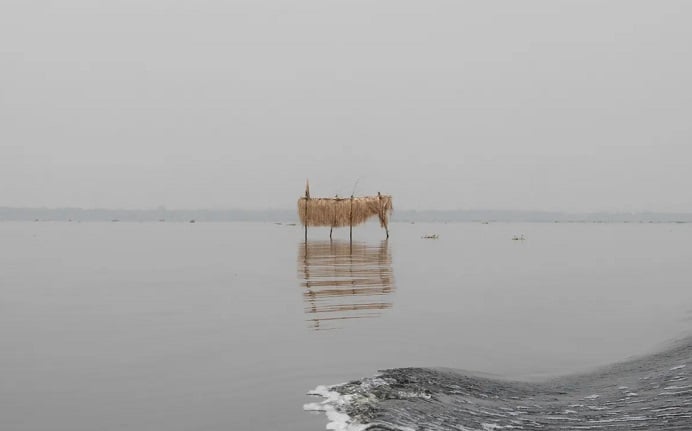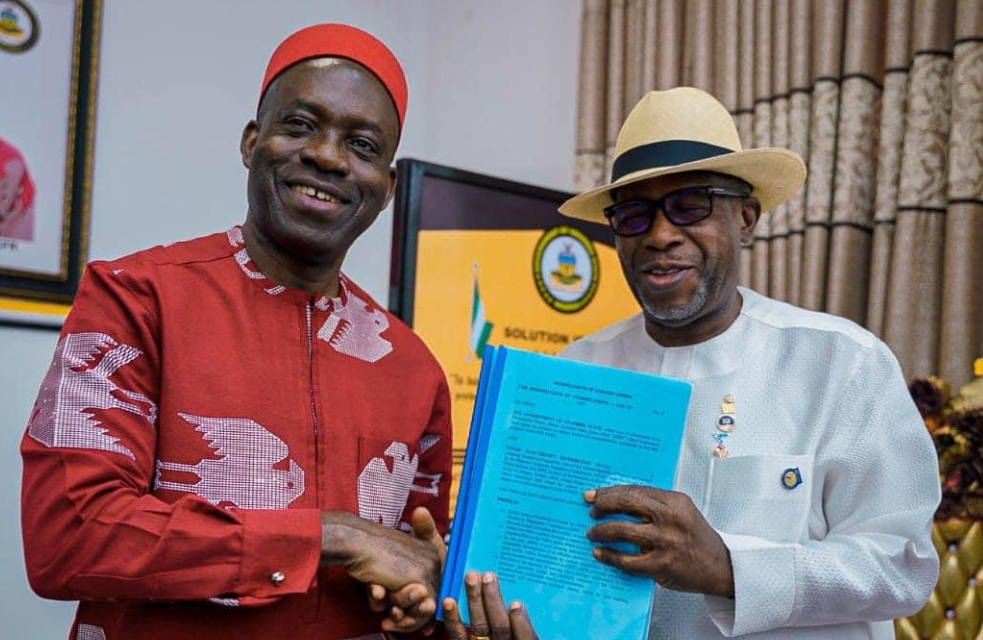BY WEALTH DICKSON OMINABO
For five days, Africans from varied backgrounds, religions, and faith gathered in Lusaka, Zambia, deliberating, strategising, and synergising, fashioning a new route toward a new Africa. Stakeholders within and outside the continent who arrived in Lusaka for the Summit for Democracy held a common position that Africa hasn’t lived up to its possibilities. The preoccupation of participants was the need to seek a better deal for Africa and Africans within Africa. The main summit was held on March 29-31, but the prevent conversations on the 27th of March. It was a time for the reimaging of African statehood, democracy, and multilateralism. It was a moment to discuss Africa’s sovereignty and legitimacy. Participants spoke about the crises of democracy-the wave of authoritarianism, the erosion of trust between government and citizens, and how to restore hope and build a better continent.
Lusaka was a medley of voices—the young, youth, and old. The sonorous – they spoke in a rhythmic melody of Pan-Africanism. Echoing memories of patriotism and selfless service of leaders of yore. Using inspirational lessons from the life struggles of Julius Nyerere and Kenneth Kaunda to call the youth to action. Sonorous voices refused the framing of the West that Africa was in the throes, caused by self-inflicted woes of poor leadership. They insisted that Africa’s greatness and stature have not diminished but are only tainted by the West through years of exploitation and slavery. The sonorous acknowledged that Africa had some challenges, which can be better managed and resolved through mutual understanding and cooperation.
The angry – these voices echoed the disappointment within the continent, the betrayal from leaders, and the failings within the system. They spoke passionately about leaders who manipulate the system and held power for years at the expense of their nation’s peace and stability. They talked about the urgency of action and why the conversation must not end as mere rhetoric. They urged participants to ensure that there were action points with which stakeholders could follow up and track the implementation to ensure a desired change.
Advertisement
The oppressed – their tunes were that of justice. They spoke against prejudices within the system. Feminism and its place in contemporary African societies was their major theme. They advocated for the gendering of democracy and governance and spoke about why women’s rights should be prioritized and institutionalized.
President of Zambia Hakainde Hichilema, in his speech during the main event, spoke of his country’s resolve to promote the ideals of democracy and ensure that democracy yields the needed public good. He committed to institutionalizing good governance through accountability.
“We are eager to promote and strengthen good governance by institutionalizing transparency, accountability, and participatory democracy. It is for this reason that the theme for this summit for our continent is free, fair, and transparent elections as the foundation of democratic governance,” he said.
Advertisement
Speaking on his strides as a democratic leader and things he has done to deepen democracy, he said: “We have continued to maintain the independence of our electoral body, the Electoral Commission Of Zambia, as provided for under our constitution. We have repealed the law that criminalises defamation of the president and we are willing to do more to strengthen democratic tenets in our country.”
Salil Shetty, vice-president, global, at the Open Society Foundations, gave the reason why his organisation made a significant commitment to funding the summit. He said the Open Society Foundation has worked for decades in Africa and has remained committed to deepening democracy in Africa.
“ Open Society Foundation (OSF)has worked for decades in Africa. Our job is to support the voices of those who are not heard. We support organizations and individuals fighting for justice, human rights, and equality. He noted that OSF decided to host and support dialogues during the summit to provide spaces for African voices to find expression around key development and governance issues that have a bearing on democracy,” he said.
On his view about the issue of democratic renewal in Africa and what it means to the global south, Shetty said: “The old democracy has served its purpose. It is now time to rethink the process in a way that fits into the context of Africa and the global South. How do we have a system that governs in a more accountable, transparent way that delivers real benefits to the people, particularly those left behind, the most excluded, and the most marginalized groups? I think that’s what we mean by democratic renewal.”
Advertisement
The summit was a moment to proffer African solutions to African problems and develop strategies that will amplify African voices on the global stage. The themes for the conversations were apt, panellists were those who understood the context of the challenges in Africa, people who spoke from practical and lived experiences about the issues.
The dialogue on democratic renewal assessed the state of democracy in the continent. Discussants posited that it was time to move away from a procedural approach to democracy, where elections were seen as the major cornerstone of democracy. Participants submitted that democracy cannot survive amid hunger, poverty, and an abundance of wants. Democratic renewal, therefore, should be about institutionalizing equity and justice. For democracy to thrive, there should be a meeting point between civil and economic rights. Democracy should be an oasis of civil and economic liberties. These are the guardrails of democracy. The absence of one is a threat to democracy anywhere.
At the dialogue on corruption and good governance in Africa, The Economic, Social, and Cultural Council (ECOSOCC) and other civil society organisations looked at the burden of corruption in the continent and its impact on good governance and development. Participants looked at the interlinkages between corruption and good governance and the gap in development in the continent. Discussants explained how corruption has been undermining the continent’s development and how it has affected the democratic process in most countries. “I must also say that the cost of corruption in Africa is higher than the total combined amount of development aid that the continent receives from foreign donors, according to AfDB. The UNCTAD also estimates that Africa loses about $88.6bn, or 3.7 percent of its gross domestic product (GDP), annually in illicit financial flows,” William Carew, head of ECOSOCC secretariat, said.
The conversation on Pan-Africanism and its place in contemporary African society was provocative, inspiring, and reawakening as participants spoke of the values and visions of Pan-Africanism. The session discussed the challenges of imperialism, the new scramble for Africa, and the role of the African youth in this era of globalization.
Advertisement
What is the nexus between Pan-Africanism and democracy? Caroline Katotobwe, executive director for the Centre of Policy Dialogue, Lusaka, said: “Pan-Africanism is the backbone of what a true African democracy is. We have learnt to live a communal life as Africans beyond the borders, beyond technology, and beyond what we experience each day. We are a people brought up through a community, a community that has voices, they came together and chose what they wanted for themselves.”
In his take on Pan-Africanism and its contemporary relevance amid Africa’s quest for self-sufficiency, Brian Kagoro, director, global justice and intersectional justice, Open Society Foundations, said: “To be simply black and proud and defending just that is to lack the point of what Pan-Africanism truly is.”
Advertisement
The consciousness of Pan-Africanism, he said, is about “making wealth based on our imagination. It is about creating unity as a way of defending ourselves. No matter how brilliant each African country is, no matter how brilliant African institutions are, uncoordinated brilliance is easy to conquer”.
Pan-Africanism, Kagoro posits is meaningless without social justice. “Social justice in the context of Pan-Africanism is this: if we believe in equal humanity, then discrimination is unacceptable on the basis of tribe, gender, or nationality. Also, if we believe in equal humanity, then we must try and bring the best out of each other and ourselves. To become a class and a people for ourselves, a people that accept ourselves from the rest of the world,” he said.
Advertisement
And I must add — a people in charge of its fate and destiny, a people not sold out in the guise of aid and grants. The task of democratic renewal and a new African renaissance is enormous but doable with unity of purpose and shared understanding that Africa is not just a continent but a people with shared experience and common ancestry searching for peace, unity, and hope.
Ominabo is the communications officer at the Goodluck Jonathan Foundation.
Advertisement
Views expressed by contributors are strictly personal and not of TheCable.
